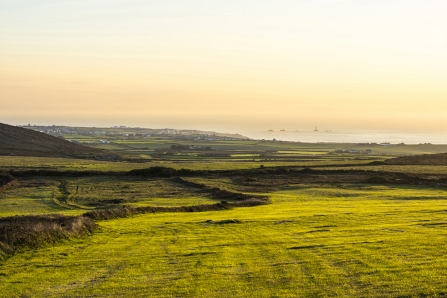Carolyn Cadman, Chief Executive of Cornwall Wildlife Trust says,
“Cornwall Wildlife Trust was formed in 1962 by local people concerned about wildlife loss. Half a century later, despite our best efforts 60% of Cornwall’s plant and animal species are in decline. Climate breakdown can only make a bad situation worse. The Trust can’t tackle this alone; thankfully the youth climate strike and other recent protests have raised the profile of climate change and the ecological crisis in an incredible way. This no longer feels like a niche interest but a shared responsibility, perhaps together we can make the step change that is needed”.
The Trust is working towards a wilder future for Cornwall. This includes owning and managing nature reserves and working with community groups, businesses, farmers and fishermen to find ways to protect and enhance wildlife on land and at sea. The Trust’s 58 nature reserves provide both spaces for nature and carbon storage and the Trust plans to expand the area of land they own and explore opportunities for re-wilding.


